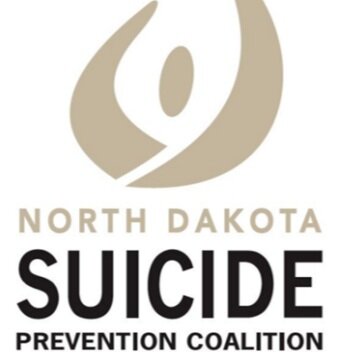You are not alone, everyone’s situation is unique and we are all in this together.
If you are in crisis, please contact 9-1-1 or 1-800-273-8255
The Centers for Disease Control and Prevention (CDC) have created a website dedicated to Coping with Stress during the COVID-19 pandemic. General CDC (2020) guidance includes:
You may experience increased stress during this pandemic. Fear and anxiety can be overwhelming and cause strong emotions. In a crisis, reach out to 24/7 helplines such as FirstLink 2-1-1 Helpline or National Suicide Prevention Lifeline at 1-800-273-8255.
Taking care of your friends and your family can be a stress reliever, but it should be balanced with care for yourself. Helping others cope with their stress, such as by providing social support, can also make your community stronger.
During times of increased social distancing, people can still maintain social connections and care for their mental health. Phone calls or video chats can help you and your loved ones feel socially connected, less lonely, or isolated.
Know what to do if you are sick and are concerned about COVID-19. Contact a health professional before you start any self-treatment for COVID-19.
Know where and how to get treatment and other support services and resources, including counseling or therapy (in person or through telehealth services).
Take care of your emotional health. Taking care of your emotional health will help you think clearly and react to the urgent needs to protect yourself and your family.
Take breaks from watching, reading, or listening to news stories, including those on social media. Hearing about the pandemic repeatedly can be upsetting.
Take care of your body.
Take deep breaths, stretch, or meditateexternal icon.
Avoid excessive alcohol and drug use.
Make time to unwind. Try to do some other activities you enjoy.
Connect with others. Talk with people you trust about your concerns and how you are feeling.
Connect with your community- or faith-based organizations. While social distancing measures are in place, consider connecting online, through social media, or by phone or mail.
Call your healthcare provider if stress gets in the way of your daily activities for several days in a row. Free and confidential resources can also help you or a loved one connect with a skilled, trained counselor in your area. See below FirstLink video regarding accessing telehealth services.
All of the above information was obtained from the CDC at https://www.cdc.gov/coronavirus/2019-ncov/daily-life-coping/managing-stress-anxiety.html.
Consider exploring available telehealth services during this unprecedented time.

